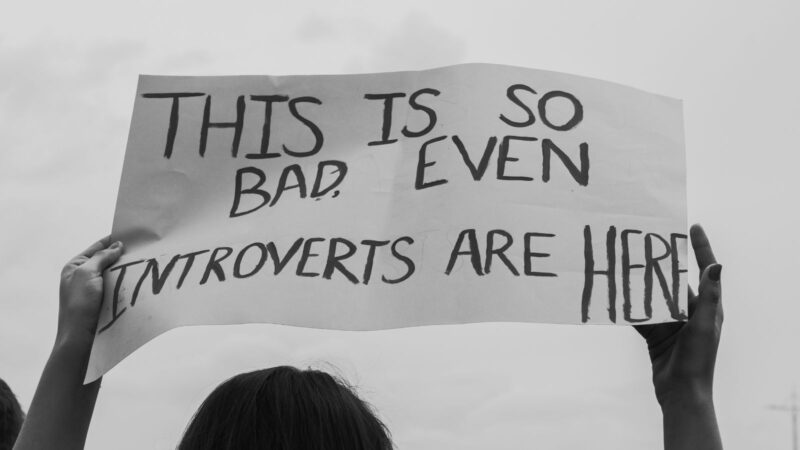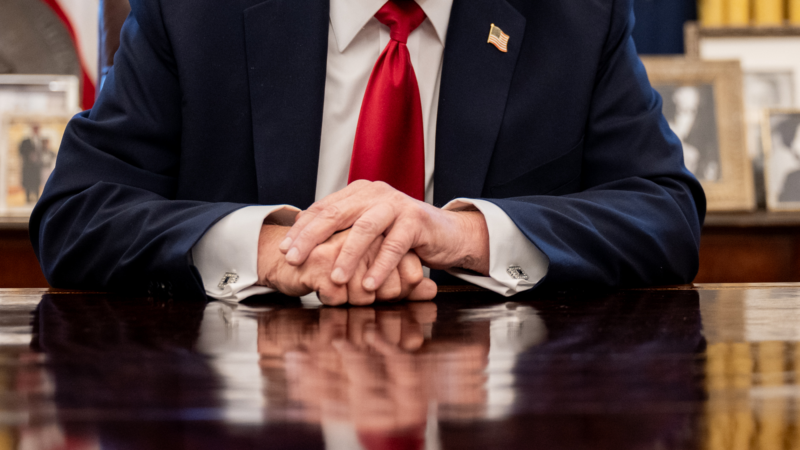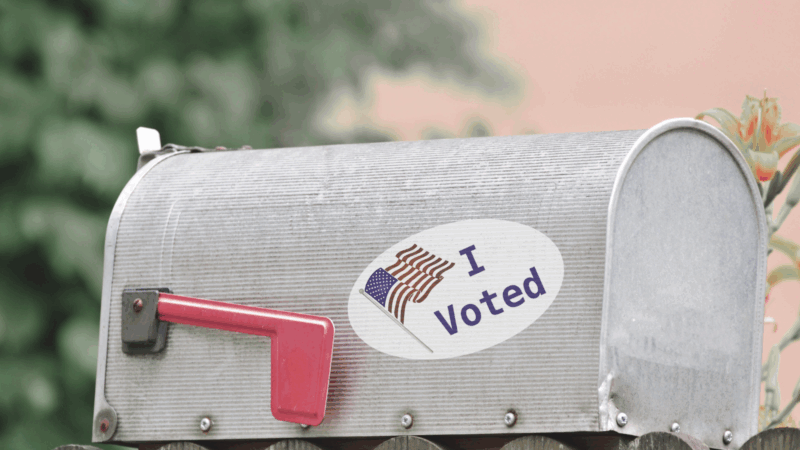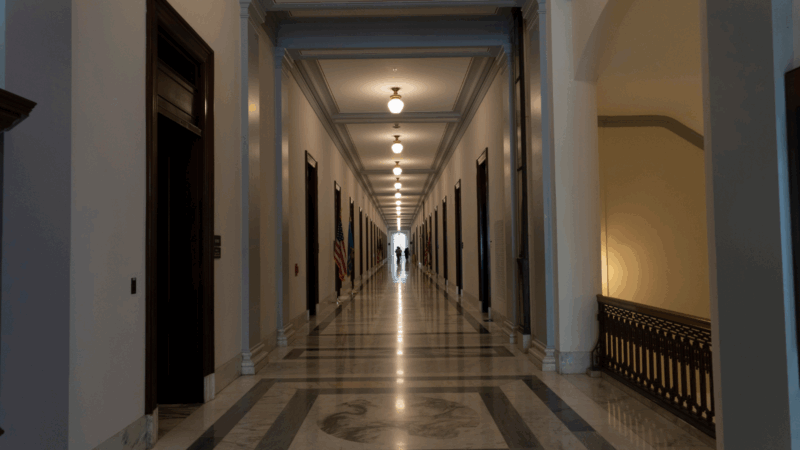Election certification, explained
- May 19, 2025
Why certifying the results of an election is not optional.
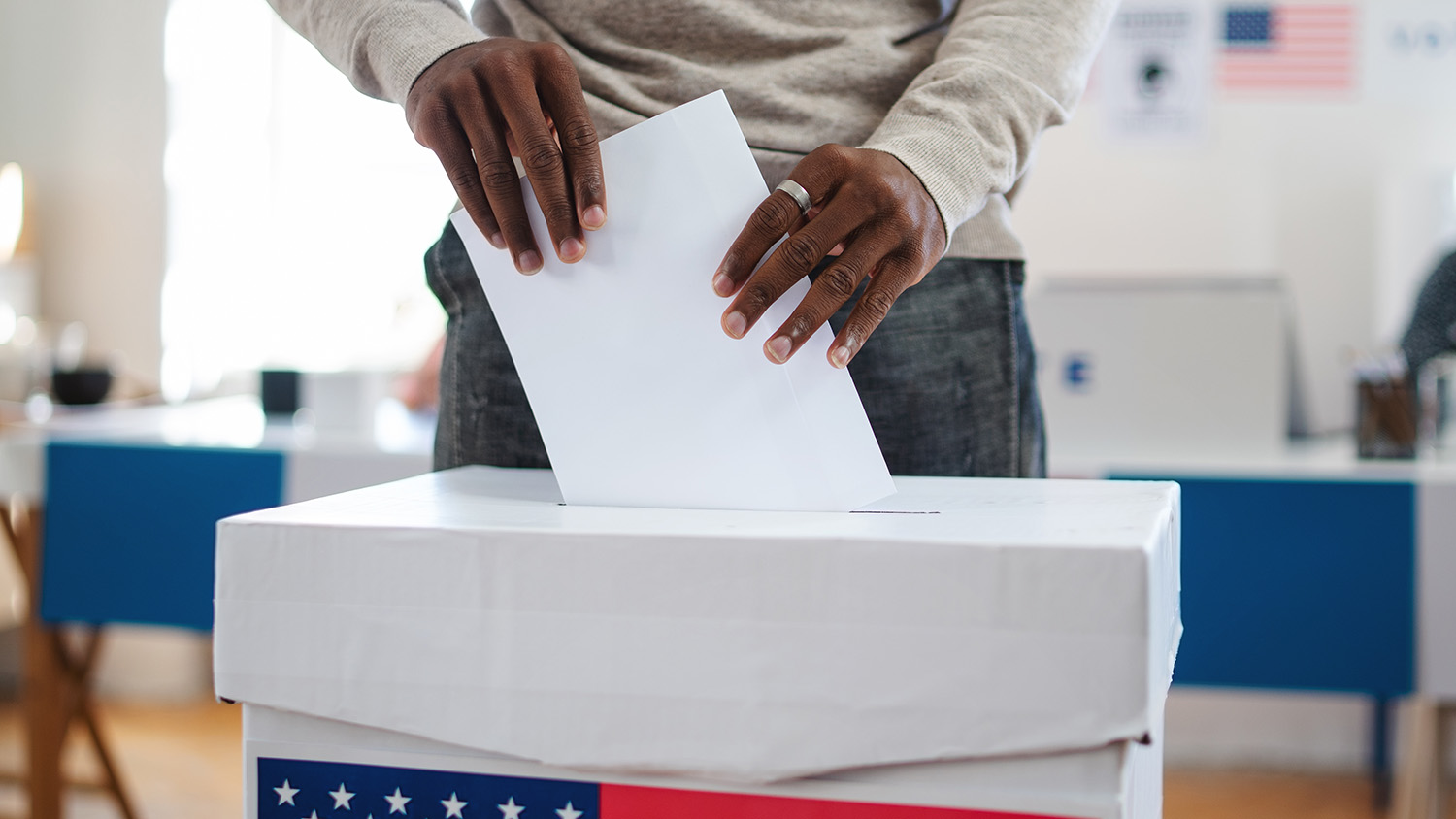
Exercising your right to vote is a key part of living in a democracy, but casting a ballot is only one part in a multi-step process to determine and verify the outcome of the election. Ballots are counted and results are tabulated in a process called “canvassing,” which includes various checks and balances to ensure the validity of the election results. The canvassing process ends with a step called “certification”: the ministerial process by which the counting and canvassing of ballots is concluded by official confirmation of the results.
Read our White Paper, Election Certification Is Not Optional Read our White Paper, Election Certification Is Not Optional
In recent years, the certification step of the election process has come under scrutiny. In the aftermath of the 2020 election, President Donald Trump and those around him pressured many locally elected officials across the country to refuse to certify results, fueled by false claims that Trump had won the election. While every election result was ultimately certified in 2020, there’s reason to suspect that a growing election denier movement could challenge timely certification of results in 2024. Given that backdrop, it’s more important than ever to understand election certification, and why it’s not something officials can just decide not to do.
What is election certification?
Election certification is the process through which the canvass — the process of counting and aggregating ballots, and ensuring that every ballot is accounted for — is concluded. The purpose of certification is not to ensure that votes have been accurately counted, identify irregularities or errors, or to resolve issues with an election — there are other processes built in to address these. Election certification doesn’t occur until the results have already been repeatedly verified during the canvassing process.
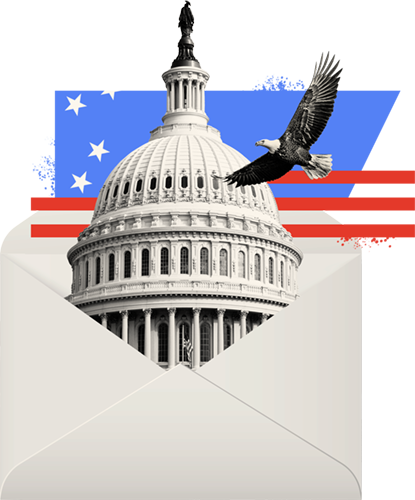
Want more Democracy Insights?Subscribe to our weekly newsletter
The role of certification is therefore not to verify the final vote count, but simply to sign off on the comprehensive verification process already performed. When county election officials in charge “certify” the canvass, they are attesting with a signature that the results are a complete and accurate record of all votes cast in the election as reported by the precincts.
Refusing to certify an election is not legal
State laws say that certification is a mandatory, ministerial duty, meaning that county election officials cannot refuse to sign the certification papers. It’s not an accident that certification is mandatory. It was codified into law in direct response to past partisan attempts to sabotage certification in order to change election outcomes — attempts which both lawmakers and the courts recognized as a threat to democracy.
What’s more, there are concrete tools in place to ensure that those who refuse to certify are held accountable, whether through civil or criminal consequences. In spite of these accountability measures, some local election officials have embraced conspiracy theories around recent elections and refused to certify results. In every such instance the election was ultimately certified, whether by court order requiring certification or administrators eventually opting to perform their legal duties.
Efforts to subvert election certification may occur in 2024, but they will ultimately fail
Given the growth of election denialism and conspiracy theories since 2020, we are likely to see some officials attempt to use refusal to certify to delay the conclusion of the 2024 election if they disagree with the results. Refusing to certify accomplishes two things for election conspiracists, even if it’s ultimately unsuccessful. First, it amplifies election conspiracy theories and further undermines public confidence in our election system. Second, it can lead to delays in the post-election process, particularly if state officials and candidates aren’t prepared to respond quickly.
That’s why those who refuse to certify or attempt to delay should be met with an immediate response. Accountability not only increases the likelihood of the current results at issue being certified in a timely manner, it also works as a deterrent to help prevent future threats to certification.
State officials and courts should step in when certification is threatened. It’s important to note that the requirement to certify by the legal deadline generally applies even when there are questions about the conduct of the election or the validity of certain ballots — state law provides mechanisms for candidates, officials, or voters to challenge the election administration or results.
Because it’s a ministerial duty, election certification can be compelled by a court, which is a way to ensure these disputes are resolved quickly. Attempts to halt the certification of an election are therefore highly likely to fail, and may result in some sort of civil or criminal penalty for those who obstruct the process.
There are numerous mechanisms in place to ensure that election results are accurate
While withholding certification is not the appropriate way to dispute the results, there are checks in the process both before and after certification that ensure a correct outcome. Significant election irregularities are rare, but when they occur, state law provides other avenues for candidates, voters, and officials to challenge the results and correct any errors.
During canvassing, ballots can be verified, cured, canceled, or reported to law enforcement. After the election has been certified, recounts, audits, and legal challenges all offer ways to ensure that the results are accurate. In many states, these challenges can only be filed after certification — which means that a delay in certification only delays the ability to resolve election disputes through the appropriate channels. Even if you have questions about the results, certification may be the best way to ensure that they are resolved.
State-specific election certification guidesState-specific election certification guides
All Voting is Local, the Brennan Center for Justice at NYU Law, Campaign Legal Center, and Protect Democracy have coauthored “Election Certification Processes and Guardrails,” guides to election certification and the state laws protecting the process in seven battleground states. The guides explain how state laws can protect against threats or delays to election certification and emphasize that refusal to certify is illegal in each state.
Each state’s guide provides the legal mechanisms that state and local officials can deploy in response to refusals to certify elections. Read the guides below:
State-specific election certification toolkits
In partnership with All Voting is Local, Protect Democracy has created State Toolkits explaining the process of election certification in seven battleground states. The toolkits provide highlights of each state’s certification process and the relevant deadlines for this year’s presidential election. They also provide information for how questions or concerns about election results may be addressed within the legal process, and what accountability measures exist for any abuse of the certification process by misguided officials or bad faith actors. See these toolkits for more details:
Related Content
Join Us.
Building a stronger, more resilient democracy is possible, but we can’t do it alone. Become part of the fight today.
Donate
Sign Up for Updates Sign Up for Updates
Explore Careers Explore Careers
How to Protect Democracy How to Protect Democracy
